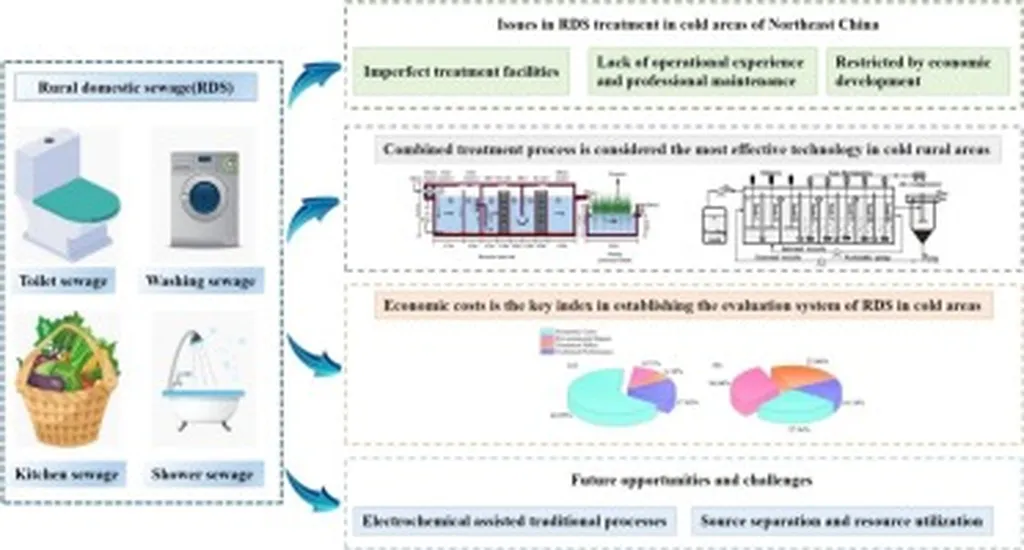In the frosty expanses of cold regions, where the ground thaws and freezes in a relentless cycle, construction faces a formidable foe. Freeze-thaw cycles degrade soft soil foundations, undermining the safety and longevity of buildings and infrastructure. Enter Li Liu, a researcher from the School of Civil Engineering at Shanghai Normal University, who is tackling this challenge head-on with an innovative approach to soil stabilization.
Liu’s research, published in the journal Buildings (translated from Chinese as “Buildings”), explores the use of industrial waste materials—slag and fly ash (FA)—combined with a solid alkali activator (NaOH) to create one-part alkali-activated cementitious materials (ACMs). These materials are designed to reinforce soft soils, enhancing their resistance to the punishing effects of freeze-thaw cycles.
The study delves into the impact of different raw material ratios, freeze-thaw temperatures, and the number of freeze-thaw cycles on the durability of stabilized soft soil. By measuring mass loss, unconfined compressive strength (UCS), and pH value, Liu and his team assessed the deterioration and structural integrity of the soil under these harsh conditions. Microstructure analysis using scanning electron microscopy with energy dispersive X-ray spectrometry (SEM-EDS) and X-ray diffraction (XRD) provided deeper insights into the hydration product formation and internal structure characteristics. Additionally, Image-pro plus (IPP) was employed to track the evolution of structure looseness, shedding light on the freezing resistance mechanisms of the stabilized soil.
The findings are promising. Liu discovered that as the freezing temperature decreases and the number of freeze-thaw cycles increases, both mass loss and UCS loss become more pronounced. However, when the ratio of slag to fly ash was optimized at 80:20, the stabilized soft soil exhibited the highest freezing resistance. “The results indicated that the OP-ASF stabilized soft soil with an 80:20 slag to fly ash ratio showed the lowest mass loss and UCS loss, along with the highest UCS and pH value,” Liu explained. This optimization highlights the beneficial role of slag and FA in enhancing the durability of the stabilized soil.
The implications for the construction and energy sectors are significant. As Liu noted, “These findings contribute to the advancement of sustainable and durable construction materials by demonstrating the potential of one-part alkali-activated slag/fly ash for stabilizing soft soils in seasonally frozen regions.” By utilizing industrial waste materials, this approach not only enhances the durability of construction projects but also promotes sustainability by reducing waste.
The research opens up new avenues for developing durable and eco-friendly construction materials, particularly in cold regions where freeze-thaw cycles pose a significant challenge. As the construction industry continues to seek innovative solutions to enhance the longevity and safety of infrastructure, Liu’s work offers a promising path forward. By leveraging industrial waste materials and advanced stabilization techniques, the industry can build more resilient structures that withstand the test of time and the elements.

